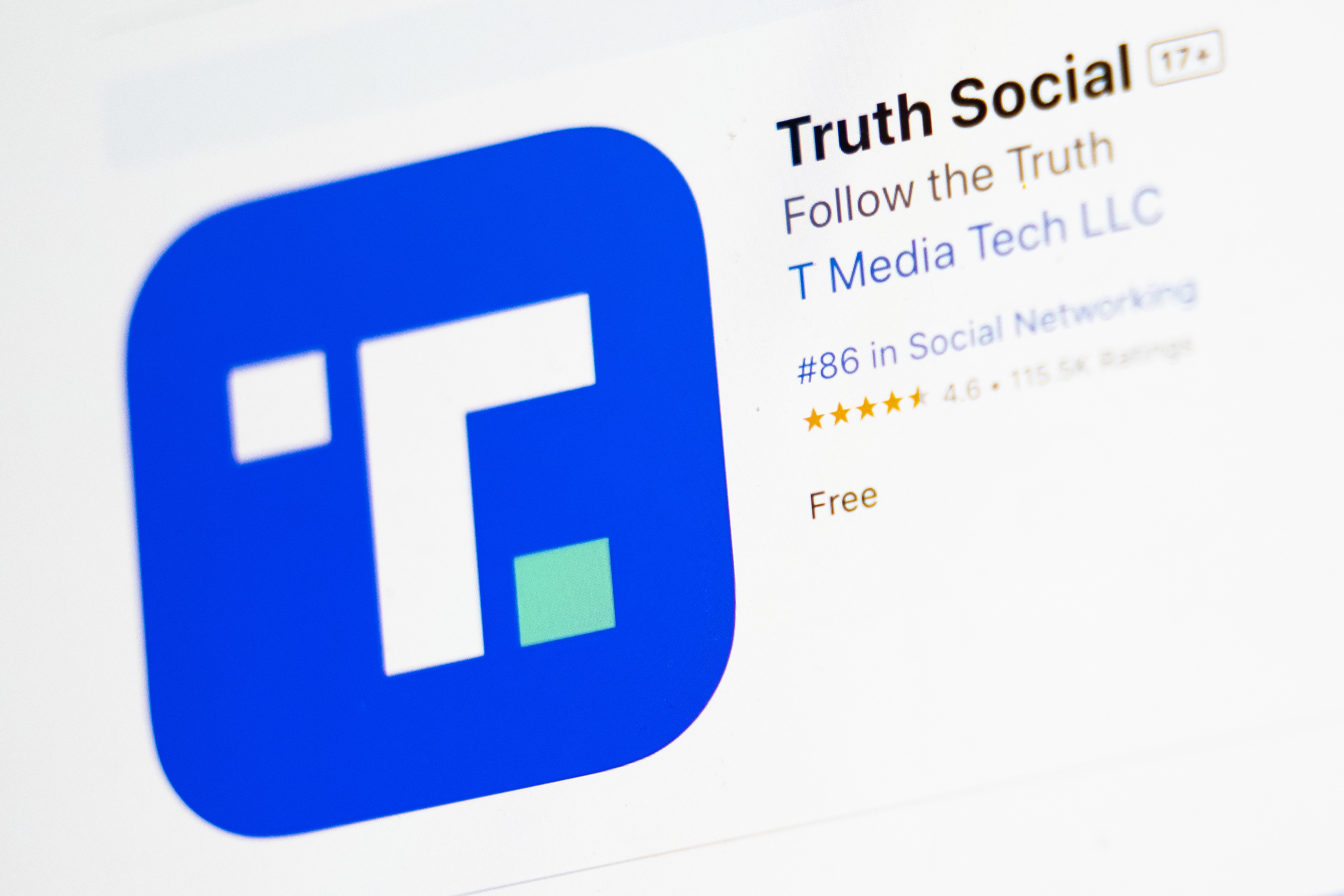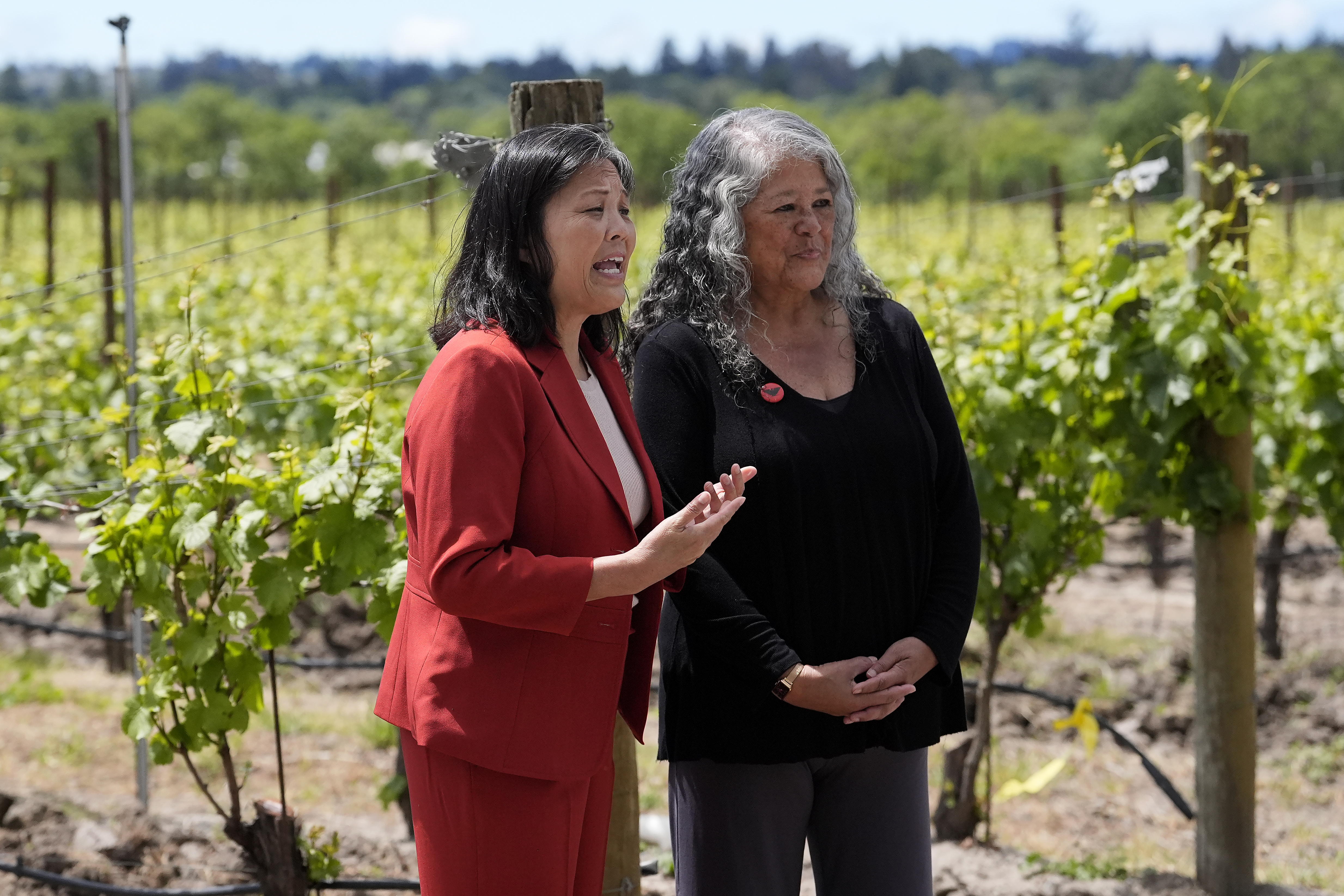Turkey's president appeared to escalate a dispute with the United States that has helped foment a Turkish currency crisis, claiming Tuesday that his country will boycott U.S.-made electronic goods. Behind the scenes, however, diplomats resumed contact to ease tensions.
Addressing a conference of his ruling party faithful in the capital, Recep Tayyip Erdogan added fuel to the spat with the U.S., even as local business groups called on his government to settle the dispute through diplomacy.
Investors seemed to look through the fiery rhetoric, pushing the lira off record lows on reports that Turkish and U.S. government officials held talks on Monday.
"We will implement a boycott against America's electronic goods," Erdogan told the conference. He suggested Turks would buy local or Korean phones instead of U.S.-made iPhones, though it was unclear how he intended to enforce the boycott.
The move is seen to be in retaliation to United States' decision to sanction two Turkish ministers over the continued detention of an American pastor on terror-related charges, and to double tariffs on Turkish steel and aluminum imports.
Behind the scenes, however, diplomatic dialogue appears to have resumed. Turkey's state-run news agency and U.S. officials say U.S. National Security adviser John Bolton had met with the Turkish ambassador to Washington on Monday.
That helped ease tensions in financial markets, with the Turkish lira stabilizing somewhat near record lows. It was up 5 percent on Tuesday, at 6.55 per dollar, having fallen 42 percent so far this year, with most of those losses coming in recent weeks.
U.S. & World
Investors are worried not only about Turkey's souring relations with the U.S., a longtime NATO ally, but also Erdogan's economic policies and the country's high debt accumulated in foreign currencies. Independent economists say Erdogan should let the central bank raise interest rates to support the currency, but he wants low rates to keep the economic growth going.
In a joint statement issued Tuesday, the industrialists' group TUSIAD and the Union of Chambers and Commodity Exchanges called on the government to allow the central bank to raise interest rates to help overcome the currency crisis.
The business groups also urged diplomatic efforts with the United States and an improvement in relations with the European Union, which is Turkey's major trading partner.
The state-run Anadolu Agency said the finance chief would address hundreds of foreign investors on Thursday in a teleconference.



